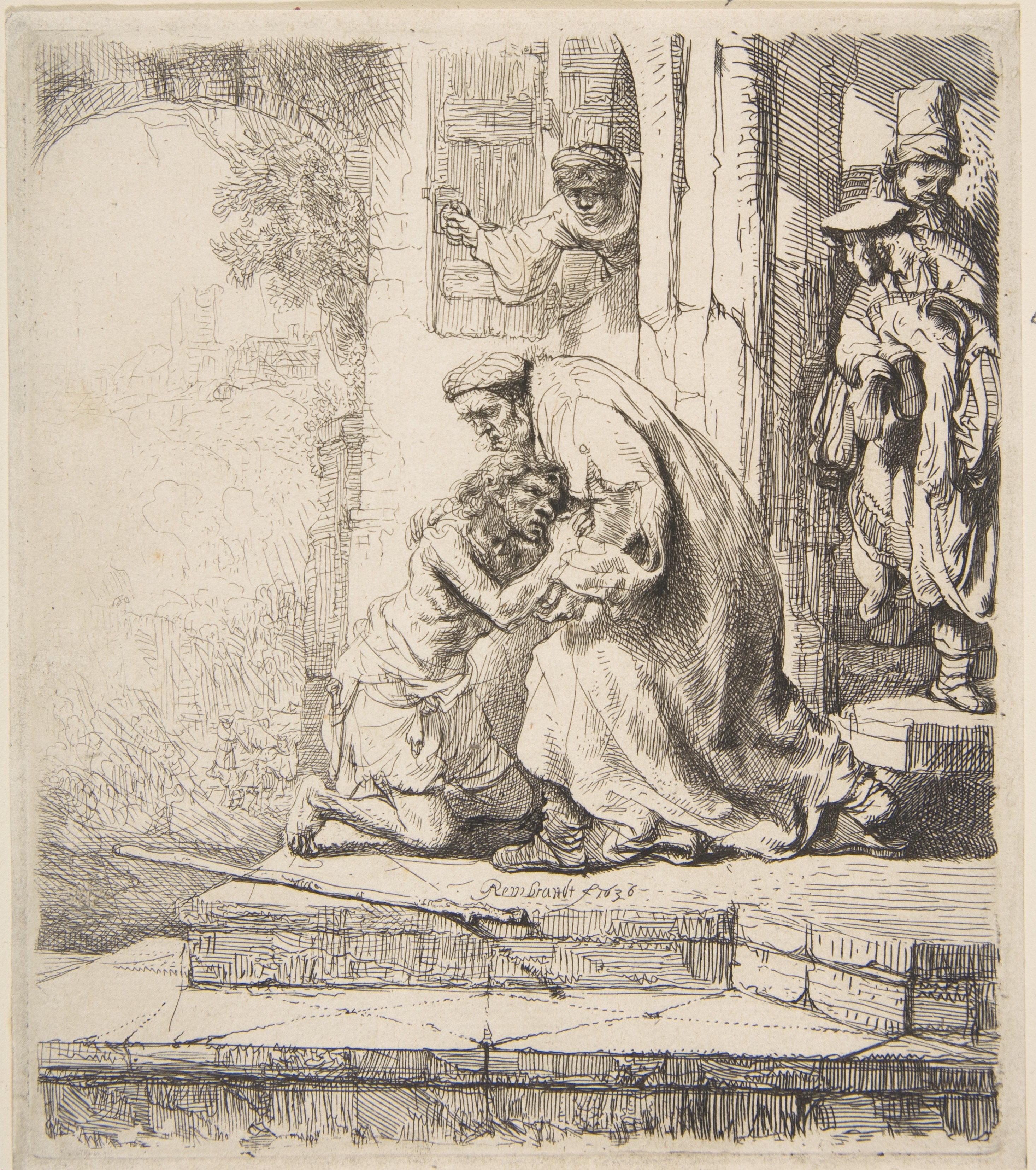Some time ago now, there was a news article about a billionaire who told
Cardinal Timothy Dolan of New York that unless the Cardinal convinced Pope
Francis to put an end to his Marxist language and his constant harping about
the poor and migrants, he, the billionaire, would not go through with his
pledge to donate over two hundred million dollars to the restoration of St.
Patrick's Cathedral. Cardinal Dolan did
not, of course, co-operate. Listen to this papal pronouncement inspired by
today's gospel of the Rich Man and Lazarus that would probably infuriate
our billionaire: “Life in many poor
countries is still extremely insecure as a consequence of food shortages, and
the situation could become worse: Hunger still reaps enormous numbers of
victims among those who, like Lazarus, are not permitted to take their place at
the rich man's table... Feed the hungry is an ethical imperative for the
universal Church, as she responds to the
teachings of her Founder, the Lord Jesus, concerning solidarity and the
sharing of goods...The right to food, like the right to water, has an important
place within the pursuit of other rights, beginning with the fundamental right
to life. It is therefore necessary to cultivate a public conscience that
considers food and access to water as universal rights of all human beings,
without distinction or discrimination.” That radical Marxist sounding quote wasn't one from our
vilified Pope Francis; that was a quote from the encyclical Charity in Truth
by Pope Benedict XVI.
Pope Francis said recently that he was proud to be criticized for
quoting Pope Benedict and Saint John Paul II.
The social concern of Pope Francis is not some kind of Christian
Marxism; it is rather the solid tradition of the Church going back to the
Gospels, St. Paul and our Lord Jesus Christ, and even to the covenant with
Israel where the Lord God expected that there be not one needy person among
them, no one had too much or too little of the manna that God provided in the
wilderness.
Someone might wonder why we Cistercian contemplative monks are concerned
about this social justice stuff. What
does that have to do with mysticism and contemplation? The answer to that is “everything.” In sermons 10 and 12 of that masterpiece of
the Christian mystical life, St. Bernard of Clairvaux's Sermons on the Song
of Songs, our twelfth century
Cistercian Father gives us the recipes for three mystical ointments that cause
the Christian to be formed into Christ.
All three of them are necessary to this development. The
first ointment, contrition, gets
us started on the Way. Bernard says
that, “a soul entangled in many sins can prepare for itself a certain ointment
once it begins to reflect on its behavior, and collects its many and manifold
sins, heaps them together and crushes them in the mortar of its conscience. It
cooks them, as it were, within a breast that boils up like a pot over the fire
of repentance and sorrow... The more despicable he believes his offering to be
because of his consciousness of sin, the more acceptable it will appear to
God.” We were anointed with this in the
penance rite of this Mass which recalls our Baptism and ongoing conversion. Now in the celebration of the Liturgy of the
Word and the Liturgy of the Eucharist, we are anointed with the second ointment
compounded of all the gifts that God the Father has bestowed on the human
race. Bernard mentions especially all
the graces we have received through Jesus Christ and the Holy Spirit. “Happy the person who makes it his business
to gather these carefully for himself
and keep them in mind with due gladness and thanksgiving,” says Bernard. The very meaning of Greek word “Eucharist” is
“thanksgiving.”
Cardinal Dolan's billionaire seems to be satisfied with these two
ointments (we hope not, but he seems to be), but Bernard points out that he
shouldn't be. There is indeed “another
ointment, far excelling these two, to which I give the name loving-kindness,
because the elements that go to its making are the needs of the poor, the
anxieties of the oppressed, the worries of those who are sad, the sins of
wrong-doers, and finally, the manifold misfortunes of people of all classes who
endure affliction, even if they are our enemies.” In the mass we are anointed with this
ointment, the grace of loving-kindness, when, having received the Word and the
Eucharist into our hearts we are commissioned by Christ through the words of
the priest, “Go and announce the gospel of the Lord” or “Go in peace
glorifying the Lord by your life” or simply “Go in peace.” Pope Francis teaches that the Gospel, the
resurrection life and the peace that we bring to the world are best given with
as few words as possible, or none at all.
It is the peacefulness, the joy, the loving-kindness in generous service
to our brothers and sisters and enemies that cause them to see our good works
and give glory to our Father in heaven.
May the grace of loving-kindness be always with us. We all always have someone named
Lazarus in our lives.
Photograph of the Abbey Belltower by Father Emmanuel. by Father Luke's Homily for the Twenty-sixth Sunday of the Year.
Photograph of the Abbey Belltower by Father Emmanuel. by Father Luke's Homily for the Twenty-sixth Sunday of the Year.

















